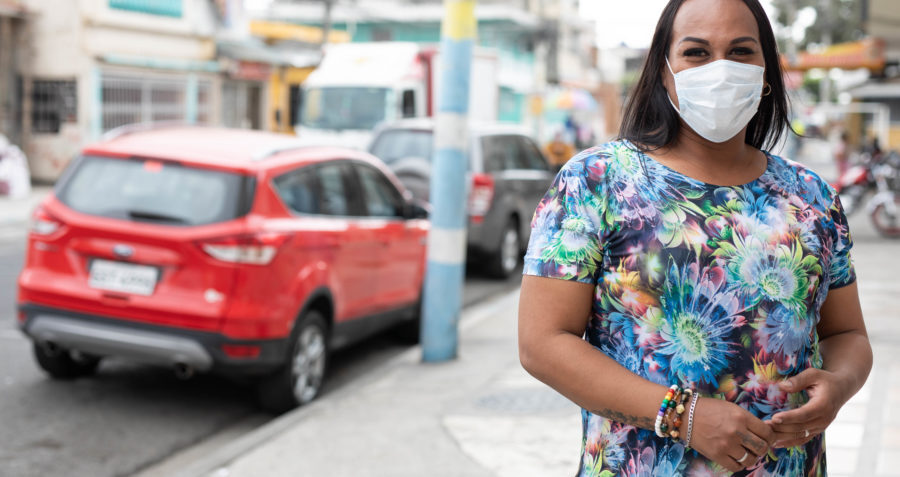Advancing a feminist response to HIV

Key information
- Organisation: Frontline AIDS
- Country: Global
- Region: Global
- Stage of innovation: Stage 4: Go-to-market strategy developed
- Start date: 2020
- End date: 2021
- Type of innovation: Movement building: convening or organising a movement
- Budget: 12,000 USD
- Funder: Frontline AIDS
Summary of intervention
HIV is consistently missing from global feminist or gender equality strategies and agendas, despite proven links between gender inequality and HIV, and recognition of HIV as a potential cause and consequence of gender-based violence (GBV). Globally, HIV disproportionately affects out-of-school youth and key populations who are not seen as adhering to ascribed gender roles and norms, and in sub-Saharan Africa women and girls bear the brunt of HIV infections.
Generation Equality is an initiative devised and convened by UN Women, bringing together feminist organisations and movements, women’s networks, governments, corporations, non-governmental organisations (NGOs), youth-led groups and foundations to secure concrete transformative commitments for gender equality. Generation equality developed a draft global framework on gender equality — the Global Acceleration Plan (GAP) 2021-2026. Frontline AIDS engaged and immediately highlighted the absence of HIV prevention, women and girls living with HIV, sex workers, women who use drugs, women in prison, refugees and stateless women and girls.
Frontline AIDS mobilised its partners to support and influence the GAP through the Global Equality Forum (GEF). Young women living with HIV (through Pact) and transgender communities represented by Sexual Minorities Uganda (SMUG) and RedLacTrans got to work. Frontline Global engaged through the partnership for comprehensive sexuality education.
As a result, HIV and diversity are much more visible in the GAP, along with sexuality and gender identity or expression, and feminist movements and leadership are included. In addition, this process has led to greater engagement by and support to Frontline partners in their gender equality efforts.
learnings
The GEF was a new initiative and initial challenges included lack of clarity on how to effectively engage, resulting in missed opportunities to influence the agenda. Linkages were also lacking at global levels and the global HIV movement was largely absent from the GEF. The learning is that tracking and engaging with global UN processes needs to start earlier with dedicated resources. This process did improve, and Frontline AIDS and partners successfully influenced the GAP. However, there remained a lack of meaningful youth involvement and inadequate representation from LGBTI+ and sex worker communities.
next steps
Frontline AIDS is using the GAP highlights to frame its work in much the same way it uses the Sustainable Development Goals, the Global AIDS Strategy, and others. Despite a lack of clarity from GEF about what happens next, Frontline AIDS will continue to engage with GEF and the global CSE partnership and track commitments. Learning from this process can be used to replicate and to inform movement building and mobilisation of the HIV community around gender equality.
sustainability
For sustainability, there will be an ongoing need to work on accountability mechanisms, holding commitment-makers to account and building collective action on gender equality. It will be a priority to maintain ongoing dialogue with the GEF Action leads to advocate for greater funding to HIV organisations to contribute to the goals of the agenda.
Click to find more information on Generation Equality and our Framework for Promoting Feminist Responses to HIV.

